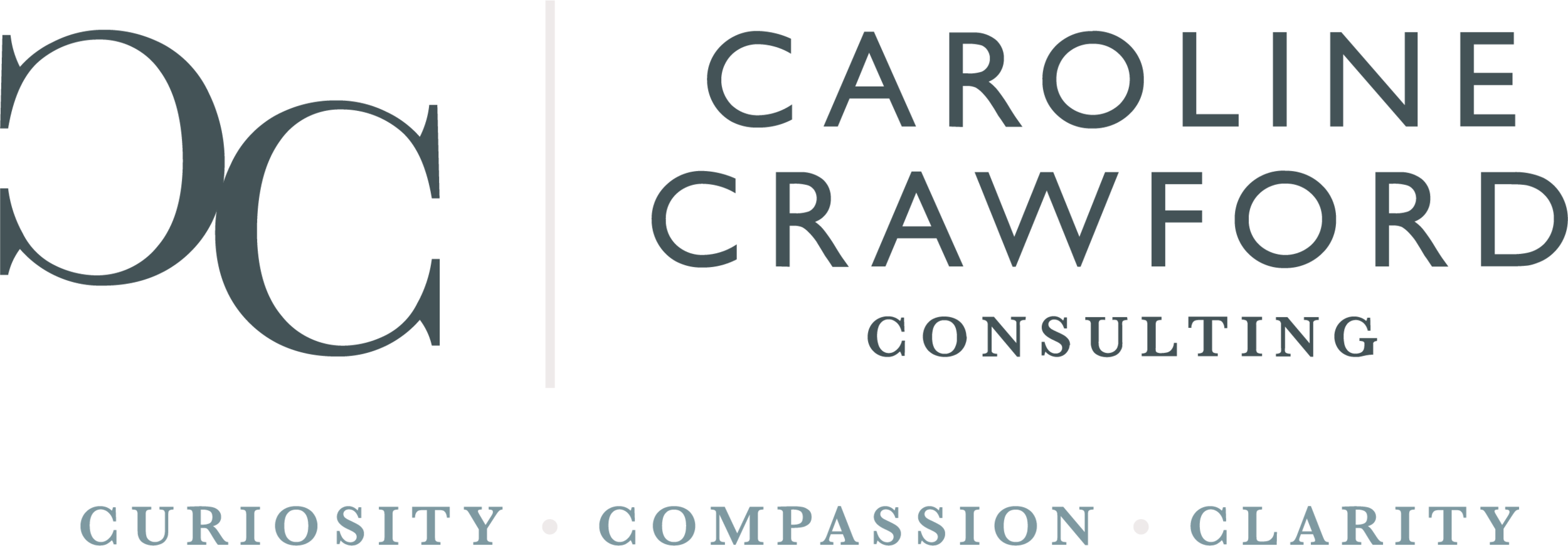Fulfill is the New Addition to the Skill/Will Matrix
I posted an article on LinkedIn about the top professional skills that would be desired by companies in 2020. The list was compromised of skills like Emotional Intelligence, Problem Solving, People Management, and Coordinating with Others.
In the comments, someone asked, “In your experience, are most companies really pursuing strategies according to this top ten list?”
As I was typing my response, I had an AHA moment. Fulfill must be added to the Skill/Will Matrix.
The Skill/ Will Matrix is an instrument made popular by Max Landsberg in “The Tao of Coaching.” It is used to determine what the best leadership approach is based on two metrics: Skill (the ability to do the job) and Will (the desire to do the job well). Leaders use the Skill/ Will Matrix to understand where employees are and how they can increase their performance.
However, the ability to do the job and the desire to do the job well isn’t enough anymore. There is fierce competition for talent. Retaining the best employees is crucial. Leaders want employees to choose their companies, to love their companies, and to stay at their companies. Plus, as companies scale and grow, leaders want their best individual contributors ready to step into the roles of managers and directors. Having the skill and will does not translate into being a great leader. Employees must have the skill, must have the will, and must be fulfilled.
Fulfill can be defined as the ability to gain happiness or satisfaction by fully developing one’s abilities or character. For an employee to be fulfilled, they need to have their strengths developed. How do we actively develop our employees?
1. Align your mission and values, so your employees want to promote your organization’s culture.
2. Have clear expectations for success, so your employees recognize accountability and achievement.
3. Role model and mentor, so your employees do the same for their colleagues.
4. Create norms for Diversity and Inclusion, so your employees know D&I isn’t just an addition to stay relevant.
5. Invest in Emotional Intelligence and strengths-based coaching, so your employees create authentic, interpersonal relationships, increase their problem-solving skills, and become confident collaborators.
6. Make psychological safety a priority, so your employees feel safe to share their thoughts, feelings, and concerns.
7. Have fun, so your employees stay excited to come to work everyday.
Doing these things will create stronger teams, stronger culture, stronger retention rates, and stronger leaders. It is time to add Fulfill to the Skill/Will Matrix and recognize how crucial the fulfillment of your employees is to the success of your company.
Original LinkedIn Post : https://www.linkedin.com/feed/update/urn:li:activity:6656617546059436032/
